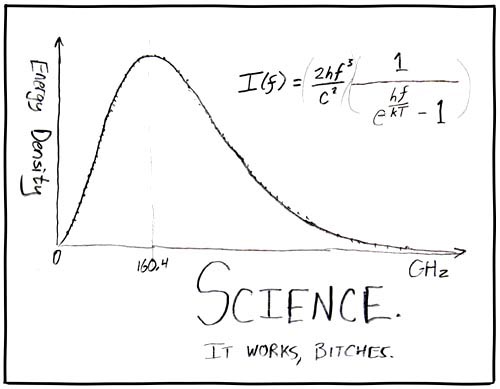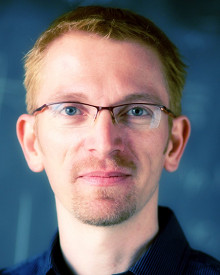

Thermal Physics investigates the phenomenon of heat, and the beautiful physics that arises when contemplating it more deeply. It ultimately gives rise to Statistical Physics, the discipline in physics that strives to explain macroscopic phenomena in terms of underlying microscopic laws. The large-scale behavior of systems, which we characterize by means of a small number of variables, emerges after eliminating the many microscopic degrees of freedom of their fundamental constituents. These generally unobservable degrees of freedom are far too numerous to follow, but precisely for this reason they can be treated statistically, making use of the law of large numbers and the central limit theorem: averages of a large number of random variables tend to converge to well defined distribution functions, and their relative fluctuations become smaller than other experimental errors. For instance, the pressure of a gas, the electric conductivity of a wire, or the Young modulus of rubber result from a proper statistical treatment of gas molecules, electrons in a solid, and entangled polymer chains, respectively. For this reason, Statistical Physics is the microscopic foundation of Thermodynamics.

The key topics to be covered in every "Introduction to Thermal Physics" course only vary in small degrees. Central to all discussions is an understanding of some essential probability theory, statistical ensembles, the connection to thermodynamics, and various illuminating model systems (such as the ideal gas or the harmonic crystal). In this course, we will begin with the (classical) ideal gas, introduce the notion of entropy, then move on to an overview of thermodynamics, and return to visit statistical mechanical. The necessary probability theory will be filled in as we go.
Exams
There will be two midterm exams and one final exam, the dates of which will be announced soon.
| Midterm 1 | Wednesday, October 3. In class, 50min, closed book, no notes. |
| Midterm 2 | Wednesday, November 7. In class, 50min, closed book, no notes. |
| Final Exam | Friday, December 14. 1pm – 4pm, location Hamerschlag Hall B103, closed book, no notes. |
Dept of Physics | 5000 Forbes Avenue, Pittsburgh, PA 15213 | (412) 268-2740
|
|
|
 |
|
Units: 10
Prerequisites: 33232, 33234
Lecture: MWF 1:30-2:20, DH A301D
Recitation: T 12:30-1:20, DH A200
Course limit: n/a